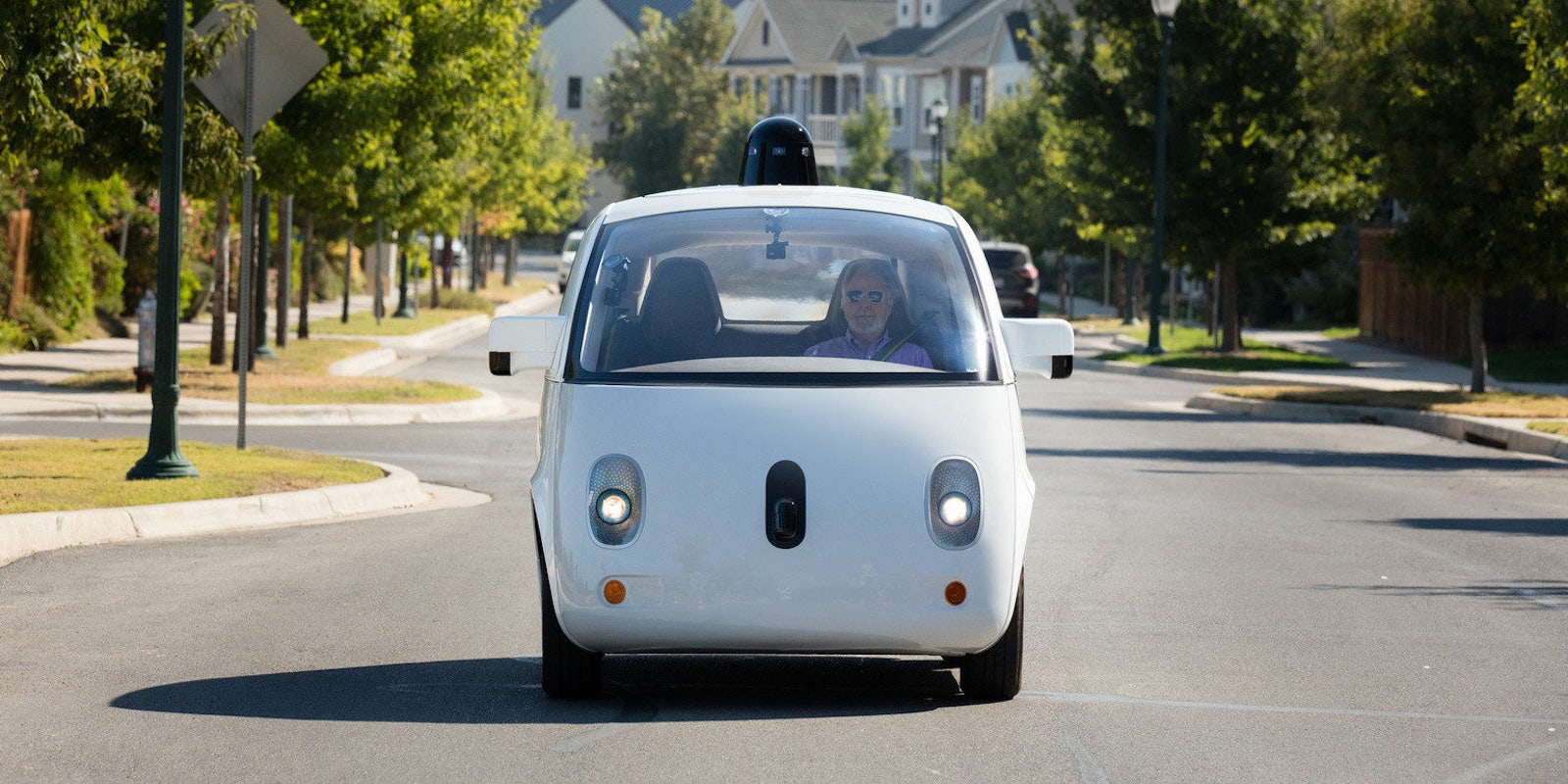Google is at odds with Uber’s self-driving car project in a big way. On Friday, Waymo, Google’s self-driving car division, asked a federal court in San Francisco to block Uber’s progress on its self-driving car. Waymo believes that Uber is using stolen technology on this project.
In late February, Google filed a lawsuit against Uber claiming that former employee Anthony Levandowski used stolen files to help speed up Uber’s self-driving car efforts. The suit is being filed under a relatively new law, the Defend Trade Secrets Act. Under this law, Google could temporarily stop Uber’s progress on its self-driving vehicles (as it’s doing now), permanently halt development on areas that use the stolen technology, and even allow Google to seize products created using these trade secrets. If the court rules in Waymo’s favor, Uber could also have to pay Google royalties for all future driverless taxi rides. Levandowski could also face jail time.
The situation began in December 2015, when Levandowski allegedly downloaded 9.7 gigabytes of proprietary data from Waymo before starting his self-driving truck startup, Otto. (Levandowski used “special software” to download these 14,000 files, the New York Times reports. A few days later, he attached a memory card to his computer for eight hours.) Uber acquired Otto last summer. Since then, Levandowski has headed up the ride-hailing company’s own self-driving vehicle endeavors.
After being inadvertently cc’ed on a supplier email, Waymo noticed that Uber’s lidar circuit board design was uncannily similar to its own proprietary designs. These were outlined in the files Levandowski reportedly accessed.
To deal with this, on Friday, Waymo requested a preliminary injunction against Otto and Uber. This is designed to preserve the status quo ahead of a final court ruling. The hearing for this will take place April 27.
Uber has called Waymo’s lawsuit “baseless attempt to slow down a competitor.” If the court did rule in Waymo’s favor, it could leave Uber scrambling as both well-established and newly founded automakers rush to lead the burgeoning autonomous vehicle space.
H/T the New York Times


